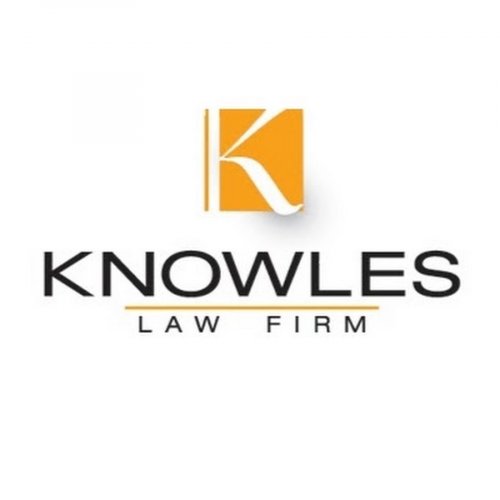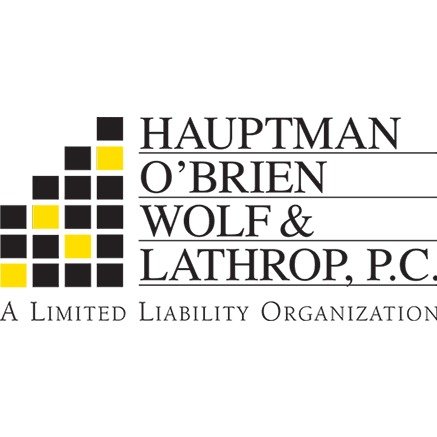Best Premises Liability Lawyers in Omaha
Share your needs with us, get contacted by law firms.
Free. Takes 2 min.
List of the best lawyers in Omaha, United States
About Premises Liability Law in Omaha, United States
Premises liability refers to the legal concept that holds property owners responsible for injuries that occur on their property as a result of negligence. In Omaha, United States, premises liability laws are in place to protect individuals who are harmed due to hazardous conditions on someone else's property. These laws dictate the duty of care that property owners owe to visitors and outline the potential legal remedies available to injured parties.
Why You May Need a Lawyer
While not all premises liability incidents require legal assistance, there are situations where consulting a lawyer is crucial. Some common scenarios where you may need a lawyer for premises liability include:
- Slip and fall accidents
- Inadequate security leading to assault or injury
- Elevator or escalator accidents
- Dog bites or animal attacks
- Injuries caused by unsafe conditions, such as broken steps, faulty handrails, or wet floors
A lawyer specializing in premises liability can analyze the specifics of your case, gather evidence, negotiate with insurance companies, and advocate for your rights to ensure you receive fair compensation for your injuries.
Local Laws Overview
In Omaha, United States, premises liability laws are influenced by state laws and local ordinances. Some key aspects of local laws relevant to premises liability in Omaha include:
- The property owner's responsibility to maintain a safe environment for visitors
- The duty to warn visitors about potential hazards that may not be obvious
- The distinction between different types of visitors (invitees, licensees, and trespassers) and the corresponding levels of duty owed to them
- Comparative negligence rules that can impact the amount of compensation awarded
- Statute of limitations, which sets a time limit on filing a premises liability claim
Frequently Asked Questions
1. What do I need to prove to win a premises liability claim in Omaha?
You generally need to prove that the property owner was negligent, that their negligence caused your injuries, and that you suffered damages as a result.
2. How long do I have to file a premises liability lawsuit in Omaha?
In Omaha, the statute of limitations for premises liability cases is typically four years from the date of the incident. However, it is important to consult with a lawyer to understand the specific time limits that apply to your case.
3. Can I file a premises liability claim if I was partially at fault?
Yes, you may still be able to recover compensation even if you were partially at fault. Nebraska follows a comparative negligence rule, meaning your compensation may be reduced based on your percentage of fault.
4. How much compensation can I receive for a premises liability claim?
The amount of compensation you can receive depends on various factors, including the extent of your injuries, medical expenses, lost wages, and the impact on your quality of life. A lawyer can help you assess the potential value of your claim.
5. How long does a premises liability case typically take to resolve?
The duration of a premises liability case can vary widely, depending on the complexity of the case, the willingness to negotiate a settlement, and the court's schedule. Some cases may be resolved in a few months, while others may take several years.
Additional Resources
- Nebraska Judicial Branch: supremecourt.nebraska.gov
- Nebraska State Bar Association: nebar.com
- Legal Aid of Nebraska: legalaidofnebraska.org
Next Steps
If you believe you have a premises liability claim or need legal advice, it is important to consult with an experienced premises liability lawyer in Omaha, United States. They can evaluate your case, provide guidance, and help protect your rights throughout the legal process. Contact a lawyer today to discuss your situation and explore your options.
Lawzana helps you find the best lawyers and law firms in Omaha through a curated and pre-screened list of qualified legal professionals. Our platform offers rankings and detailed profiles of attorneys and law firms, allowing you to compare based on practice areas, including Premises Liability, experience, and client feedback.
Each profile includes a description of the firm's areas of practice, client reviews, team members and partners, year of establishment, spoken languages, office locations, contact information, social media presence, and any published articles or resources. Most firms on our platform speak English and are experienced in both local and international legal matters.
Get a quote from top-rated law firms in Omaha, United States — quickly, securely, and without unnecessary hassle.
Disclaimer:
The information provided on this page is for general informational purposes only and does not constitute legal advice. While we strive to ensure the accuracy and relevance of the content, legal information may change over time, and interpretations of the law can vary. You should always consult with a qualified legal professional for advice specific to your situation.
We disclaim all liability for actions taken or not taken based on the content of this page. If you believe any information is incorrect or outdated, please contact us, and we will review and update it where appropriate.










